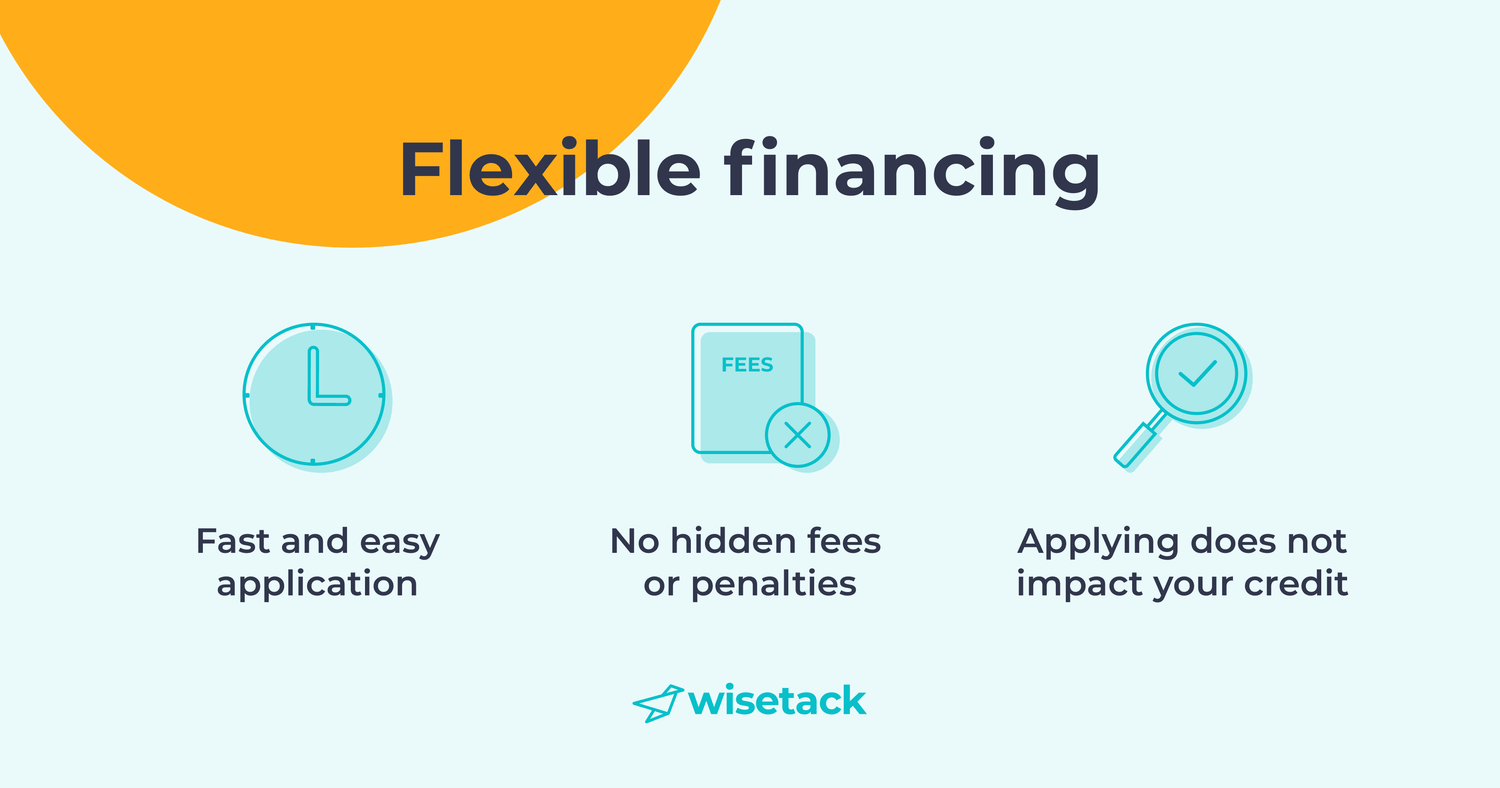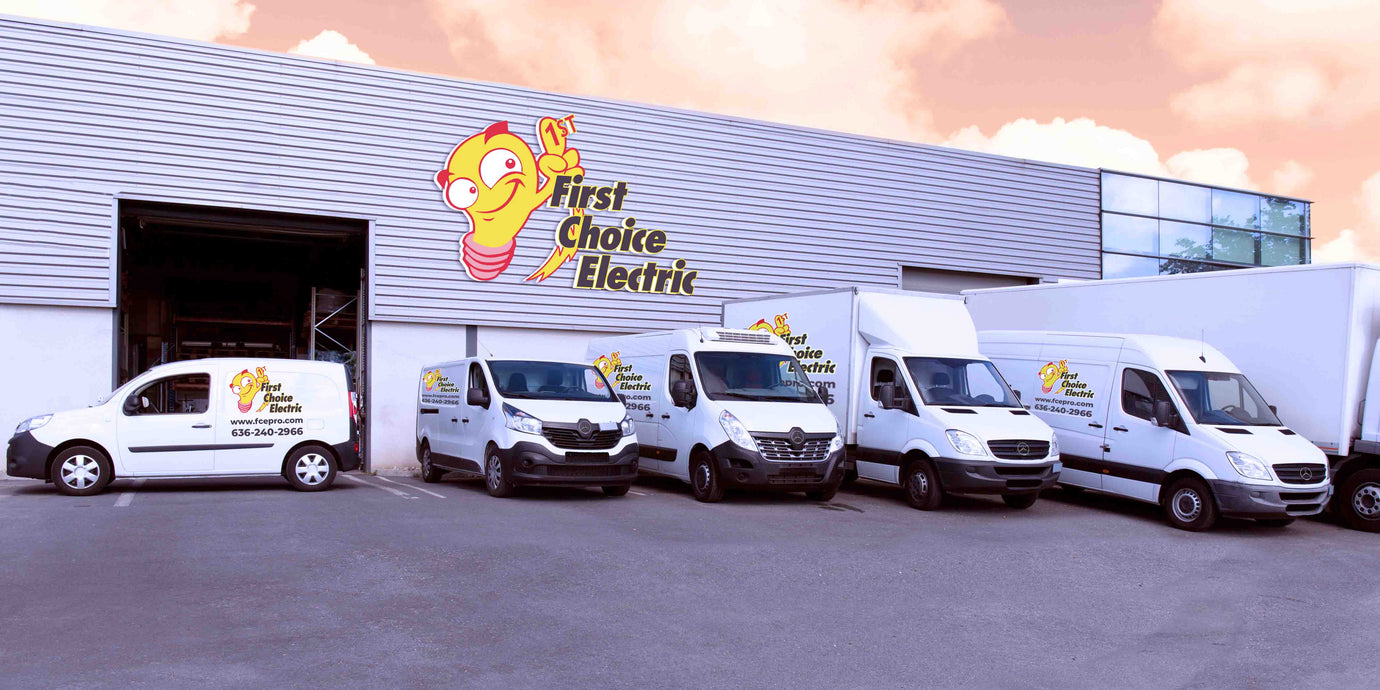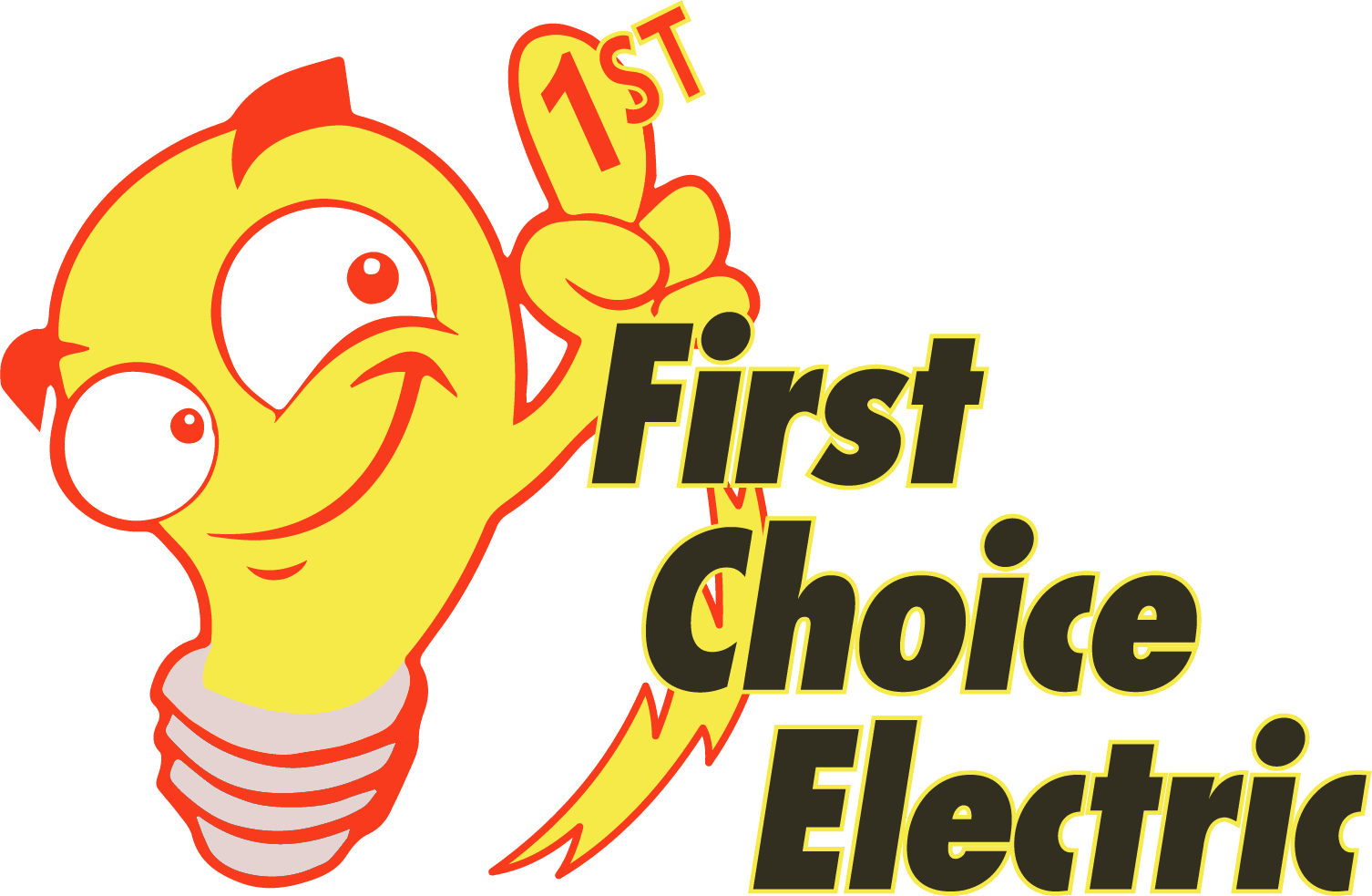Home Charging for Electric Cars: Everything You Need to Know
Introduction: The Rise of Electric Vehicles and Home Charging
As electric vehicles (EVs) become increasingly popular, understanding home charging options is essential for current and prospective EV owners. This article explores the various aspects of home charging for electric cars, offering insights to help you navigate this key component of EV ownership.
Understanding EV Home Charging
Basics of Electric Vehicle Charging at Home
Home charging provides the convenience of refueling your electric vehicle while you relax at home. Unlike conventional vehicles, EVs offer the unique advantage of home charging, eliminating the need for frequent trips to the gas station.
Types of Home EV Chargers
Choosing the Right Charger for Your Needs
- Level 1 Chargers: These chargers can be plugged into a standard household outlet (120V). They are the most accessible but also the slowest, typically adding about 4-5 miles of range per hour of charging.
- Level 2 Chargers: These require a higher power outlet (240V, similar to an oven or dryer) and can charge an EV much faster, typically providing about 20-30 miles of range per hour.
- DC Fast Chargers: While not commonly installed in homes due to their high power requirements, they are the fastest charging option available, often used in public charging stations.
Installation Considerations for Home Chargers
What to Consider Before Installing a Home Charger
- Electrical Capacity: Ensure your home’s electrical system can handle the additional load of an EV charger, especially if considering a Level 2 charger.
- Location: The charger should be installed where your EV is parked, ideally in a garage or a driveway.
- Permits and Regulations: Check local codes and regulations, as some areas may require permits for charger installation.
The Cost of Home Charging
Understanding the Financial Aspects
The cost of home charging can vary based on the type of charger, installation costs, and the electricity rate in your area. Level 1 chargers are generally less expensive but slower, while Level 2 chargers offer faster charging at a higher initial cost.
Maximizing Efficiency in EV Home Charging
Tips for Efficient Charging
- Smart Charging: Use smart chargers or timers to charge during off-peak hours when electricity rates are lower.
- Regular Maintenance: Ensure your charging station and EV’s charging cable are in good condition to maintain efficiency.
- Optimal Charging Levels: Charging your EV to 100% isn’t always necessary. Regularly charging to 80% can prolong battery life.
Integrating Renewable Energy
Charging with Solar Power
For environmentally conscious consumers, integrating solar panels with your home charging setup can further reduce the carbon footprint and potentially lower the cost of charging.
Safety Considerations for Home EV Charging
Ensuring Safe Charging Practices
- Weatherproofing: Ensure outdoor charging stations are weatherproof.
- Professional Installation: Always have a certified electrician install your home charging equipment.
- Regular Inspections: Periodically inspect your home charging setup for any wear or damage.
The Future of Home EV Charging
Emerging Trends and Technologies
Advancements in charging technology, such as wireless charging pads and higher capacity batteries, are poised to make home charging even more convenient and efficient in the future.
Conclusion: Embracing the Shift to Home EV Charging
Home charging is a key component of the electric vehicle experience, offering convenience, cost savings, and environmental benefits. Understanding the different aspects of home EV charging can greatly enhance your experience as an EV owner.










